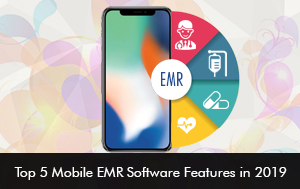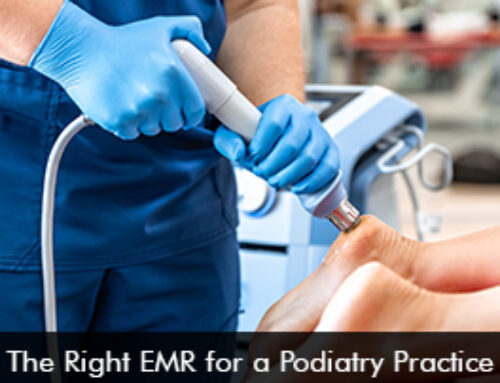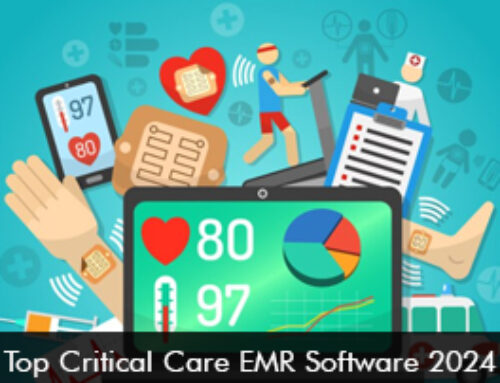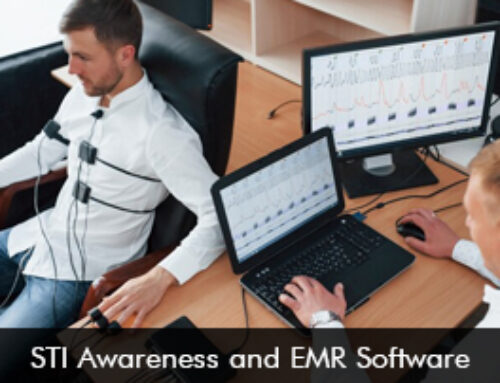The medical practice regulations have raised the standards for providing care to patients. The growth in healthcare technology, especially in terms of Mobile Electronic Medical Records (EMR) software, is a great consequence of the standards set by these medical practice regulations.
More than 89% of medical practitioners already use Mobile EMR software. Apart from meeting the compliance regulations, Mobile Electronic Health Records (EHR) software helps the practice in many other ways including:
- Efficient Medical Records Documentation
- Great Charts Visibility
- Better Communication with Vendors
- Improved Patient Scheduling & Medical Billing
If you still don’t have a Mobile EHR software then following are the 5 best features you should keep in mind before implementing a Mobile EHR system:
Data Documentation & Charting
A physician’s decision making mostly relies on the medical history of the patient. A good mobile EMR software gives doctors easy access to full medical histories so they can pull up charts and notes with a single touch of a finger.
The digitalization of charts and medical histories gives doctors greater insight into the medical condition of the patient. A mobile EMR & EHR software has great reporting features that allow providers to dig into their data in a measured and scientific manner, and makes their decision-making process a lot easier.
Lab & Pharmacy Integration
When you’re working in medical practice, you don’t want to switch between systems to make sure that the lab test results and e-Prescriptions (e-Rx) are sent to the right pharmacies and laboratories. And the last thing you want is to waste your time entering data and repeatedly copy-pasting it from one place to another. This is such a time-consuming process with a great chance of making errors.
A mobile EMR software with a built-in patient portal also saves providers from calling or emailing patients separately. It improves patient-provider communication. A patient portal is accessible to the patients and they can access their medical records from there. Patient portal really improves the overall satisfaction rate of the patients.
Appointment Scheduling
Patient scheduling and managing appointments can be a very time consuming and frustrating process. With mobile EMR software, practices can schedule and follow-up appointments from the mobile device. This promotes growth and saves valuable time of the physicians.
Most of the Mobile EHR Software systems allow you to set scheduling rules for appointments. This limits the number of times a specific appointment occurs. This saves a lot of time and makes the patient appointment scheduling process efficient and simple.
Medical Billing & Claims
A medical billing module is a very important module for any medical records software. It is important to provide great care but it is also important to earn money as well. Revenue drives all other business objectives and proper, timely billing is critical for insurance providers, as well as being part of a quality patient service experience. A mobile EMR system includes claims and billing module that uses advanced payment capture systems to ensure accurate billing.
Patient Privacy & Security
Sometimes people think that when their data is on the cloud, it is less secure. But the truth is the complete opposite. The top cloud-based EMR software systems employ more advanced security features that ensure critical compliance and medical information privacy for the patients. Mobile EHR and Practice Management (PM) software increase patient privacy, practice efficiency, provider network connections, etc.







